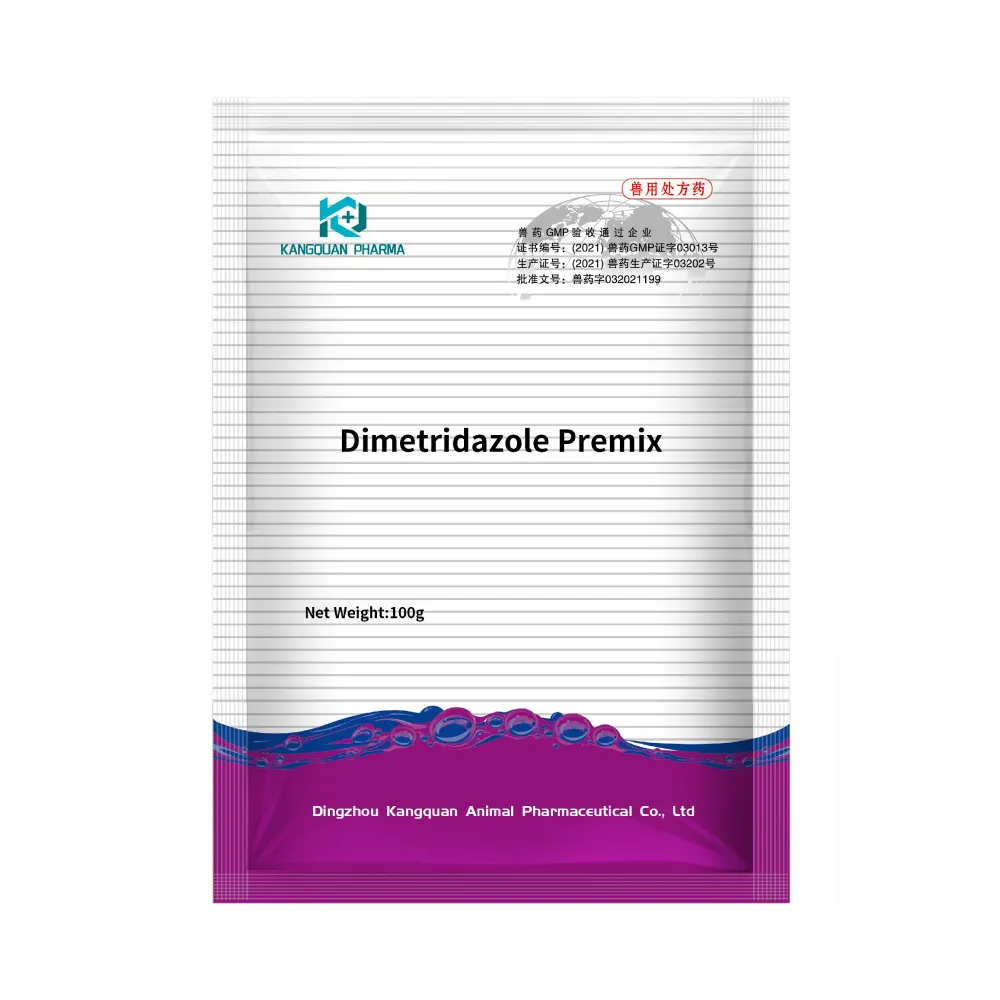- Afrikaans
- Albanian
- Amharic
- Arabic
- Armenian
- Azerbaijani
- Basque
- Belarusian
- Bengali
- Bosnian
- Bulgarian
- Catalan
- Cebuano
- Corsican
- Croatian
- Czech
- Danish
- Dutch
- English
- Esperanto
- Estonian
- Finnish
- French
- Frisian
- Galician
- Georgian
- German
- Greek
- Gujarati
- Haitian Creole
- hausa
- hawaiian
- Hebrew
- Hindi
- Miao
- Hungarian
- Icelandic
- igbo
- Indonesian
- irish
- Italian
- Japanese
- Javanese
- Kannada
- kazakh
- Khmer
- Rwandese
- Korean
- Kurdish
- Kyrgyz
- Lao
- Latin
- Latvian
- Lithuanian
- Luxembourgish
- Macedonian
- Malgashi
- Malay
- Malayalam
- Maltese
- Maori
- Marathi
- Mongolian
- Myanmar
- Nepali
- Norwegian
- Norwegian
- Occitan
- Pashto
- Persian
- Polish
- Portuguese
- Punjabi
- Romanian
- Russian
- Samoan
- Scottish Gaelic
- Serbian
- Sesotho
- Shona
- Sindhi
- Sinhala
- Slovak
- Slovenian
- Somali
- Spanish
- Sundanese
- Swahili
- Swedish
- Tagalog
- Tajik
- Tamil
- Tatar
- Telugu
- Thai
- Turkish
- Turkmen
- Ukrainian
- Urdu
- Uighur
- Uzbek
- Vietnamese
- Welsh
- Bantu
- Yiddish
- Yoruba
- Zulu
9 月 . 16, 2024 08:17 Back to list
what drugs are used to treat intestinal parasites
Treating Intestinal Parasites Common Drugs and Their Uses
Intestinal parasites are organisms that live in the gastrointestinal tract of humans and animals, causing a range of health issues. Common types include roundworms, hookworms, tapeworms, and protozoa. These parasites can lead to symptoms such as abdominal pain, diarrhea, weight loss, and fatigue. To combat these infections, a variety of medications are used to effectively treat intestinal parasites. In this article, we will explore the most commonly prescribed drugs for intestinal parasites and how they work.
1. Mebendazole
Mebendazole is an anthelmintic medication that is widely used to treat infections caused by various types of worms, including pinworms, roundworms, and hookworms. Mebendazole works by inhibiting the parasites' ability to absorb glucose, leading to their energy depletion and eventual death. This drug is affordable, generally well-tolerated, and can be administered in single doses or as a short course of treatment.
2. Albendazole
Similar to mebendazole, albendazole is another broad-spectrum anthelmintic agent. It is effective against a wide range of intestinal parasites, including both worms and certain protozoa. Albendazole disrupts the parasites' metabolic processes by inhibiting the synthesis of their cellular structures. This medication is often used for more severe infections like neurocysticercosis and echinococcosis and is available in various forms, including tablets and oral suspensions.
3. Ivermectin
what drugs are used to treat intestinal parasites

Ivermectin is primarily used to treat parasitic infections caused by roundworms and ectoparasites like lice and scabies. It works by paralyzing the parasites, leading to their death. Ivermectin is effective against a range of intestinal parasites and is often used to treat strongyloidiasis and lymphatic filariasis. Its convenience in a single dose makes it a popular choice in mass treatment programs, especially in areas where these infections are endemic.
4. Nitazoxanide
Nitazoxanide is a unique medication that is effective against both intestinal parasites and certain viral infections. It is primarily used to treat infections like giardiasis, caused by the Giardia lamblia parasite, and cryptosporidiosis. Nitazoxanide functions by disrupting the energy metabolism of the parasites, ultimately inhibiting their growth and reproduction. This medication is approved for use in both adults and children and is typically taken for a duration of three days.
5. Metronidazole
Metronidazole is an antibiotic that is also effective against specific protozoan infections, such as those caused by Trichomonas vaginalis and Giardia lamblia. This medication works by interfering with the DNA synthesis of the parasites, leading to their death. It is commonly prescribed for more complicated gastrointestinal infections and may be used in conjunction with other medications for a synergistic effect.
Conclusion
The treatment of intestinal parasites involves a range of medications, each with its specific uses and modes of action. Mebendazole and albendazole are leading choices for helminthic infections, while ivermectin is particularly effective for specific roundworm infections. Nitazoxanide and metronidazole provide treatment options for protozoan infections, showcasing the diversity of pharmacological strategies in combating these parasitic diseases. Consulting with a healthcare professional is essential for proper diagnosis and treatment, ensuring the most effective approach for each individual's needs.
-
The Power of Radix Isatidis Extract for Your Health and Wellness
NewsOct.29,2024
-
Neomycin Sulfate Soluble Powder: A Versatile Solution for Pet Health
NewsOct.29,2024
-
Lincomycin Hydrochloride Soluble Powder – The Essential Solution
NewsOct.29,2024
-
Garamycin Gentamicin Sulfate for Effective Infection Control
NewsOct.29,2024
-
Doxycycline Hyclate Soluble Powder: Your Antibiotic Needs
NewsOct.29,2024
-
Tilmicosin Premix: The Ultimate Solution for Poultry Health
NewsOct.29,2024













